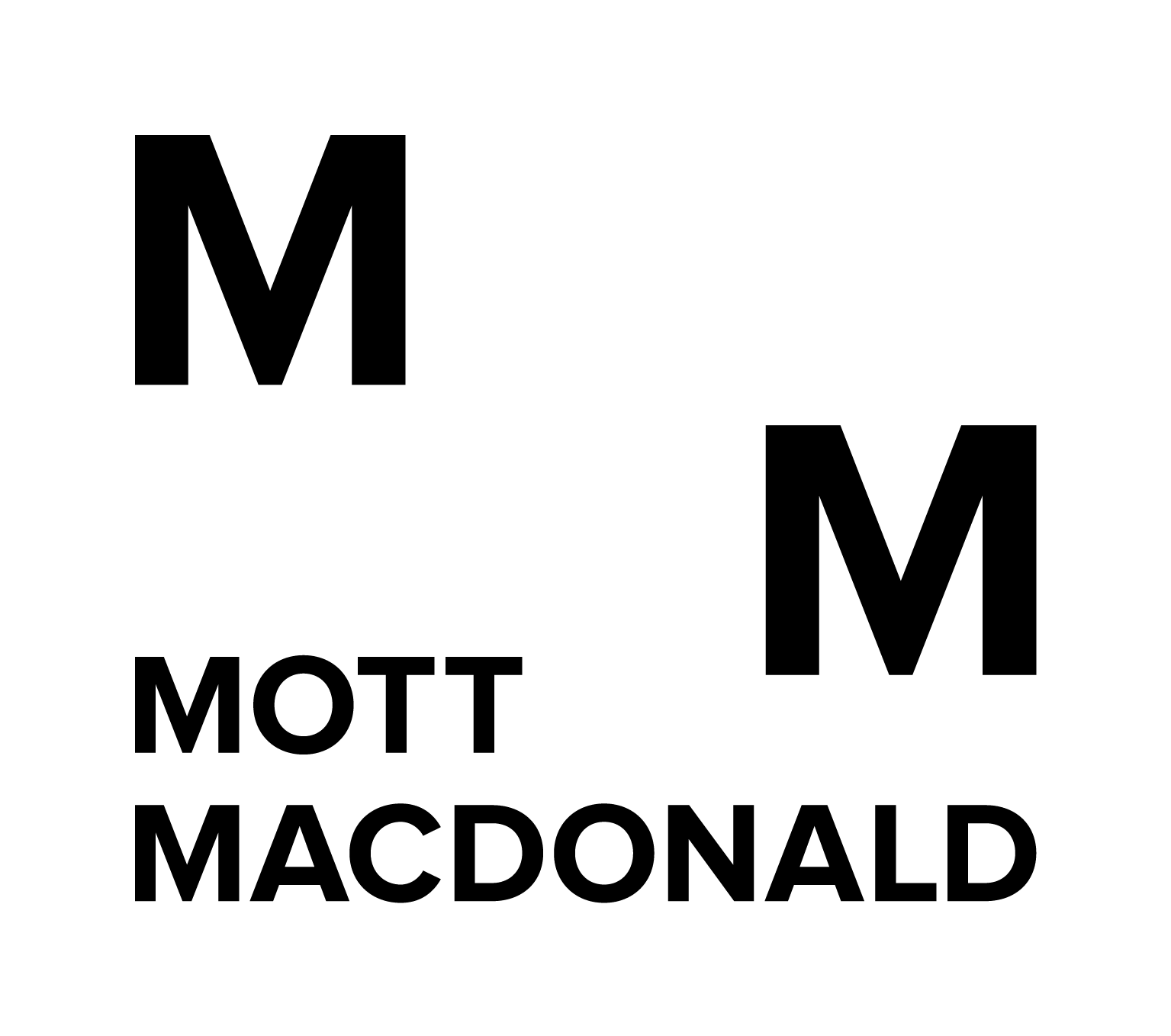Current flood risk
Introduction
In 2016 SEPA released revised indicative maps showing areas at risk from river, coastal and surface water flooding throughout Scotland. The mapping was undertaken to improve the understanding of flood risk, to raise public awareness of flood risk, and encourage individuals and organisations to take steps to reduce the risk to themselves and their property, where appropriate. This study (the Borders Flood Studies) has provided updated flood maps for all areas of interest within the 5 communities assessed. This updated mapping provides a better level of detail, sufficient to assist local authorities to take a more proactive approach to flood risk management, and develop avoidance, alleviation and assistance strategies through exercise of their land use planning, flood protection and emergency planning functions.
| Outlines | 200 year flood depths | |
| Peebles Flood maps | ||
| Tweed (Peebles to Walkerburn) | ||
| Edderston Burn | ||
| Eddleston Water | ||
| Soonhope Burn | ||
| Haystoun Burn | ||
| Broughton Flood maps | ||
| Biggar Water and Broughton Burn | ||
| Innerleithen Flood maps | ||
| Leithen Water | ||
| Chapman's Burn | ||
| Earlston Flood maps | ||
| Leader Water & Turfford Burn | ||
| Newcastleton Flood maps | ||
| Liddel Water |
What do these maps show?
When a river floods the severity of the flood is known as a 1 in x year flood. This terminology represents the probability of that event occurring in any year. For reference, the December 2015 event (Storm Frank) in Peebles had a 1 in 55 chance of occurring in any year. This does not mean that the flood will occur once every 55 years; it could occur tomorrow and again next week, or not for another 200 years. But on average a flood of that severity will occur once every 55 years. For example, there is a 1 in 100 (or 1%) chance of a flood exceeding the 100 year flood in any one year. A list of frequently used return periods and their respective annual probabilities is provided in the table below:
| Return Period | Annual Probability [AP] (%) |
| 2 year | 50 |
| 5 year | 20 |
| 10 year | 10 |
| 25 year | 4 |
| 30 year | 3.33 |
| 50 year | 2 |
| 75 year | 1.33 |
| 100 year | 1 |
| 200 year | 0.5 |
| 500 year | 0.2 |
| 1000 year | 0.1 |





